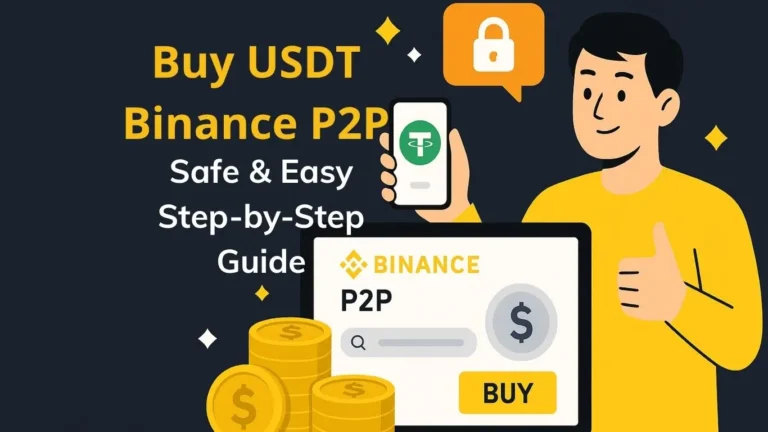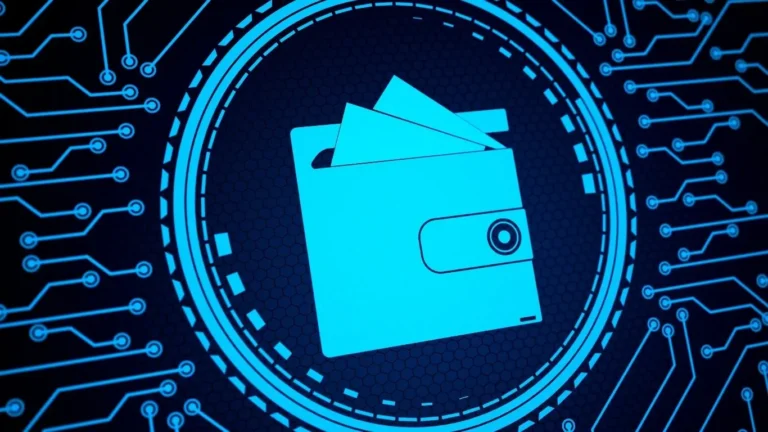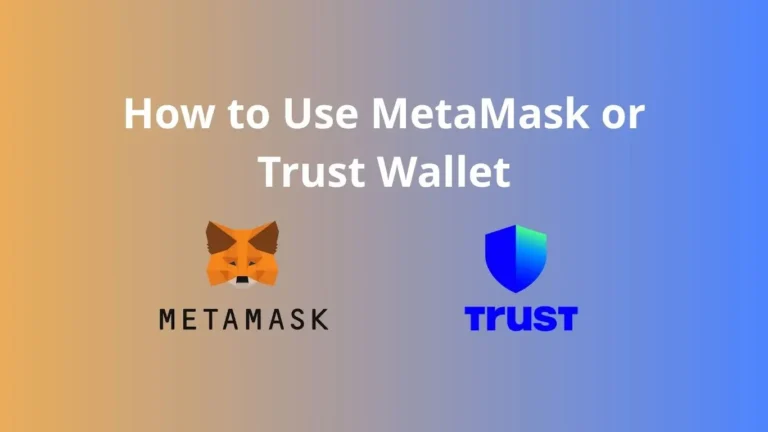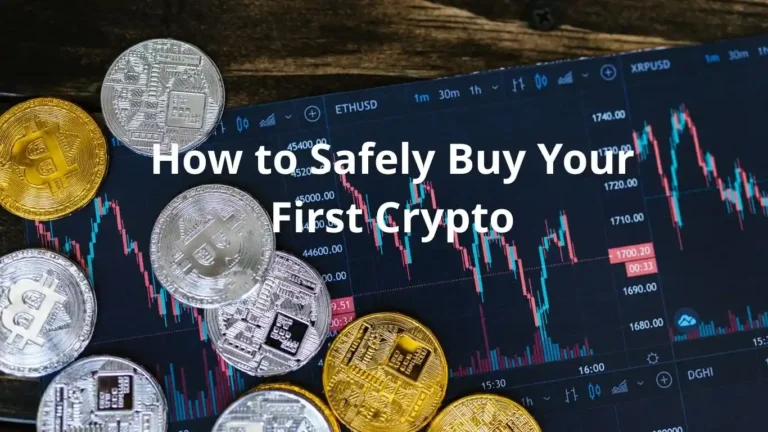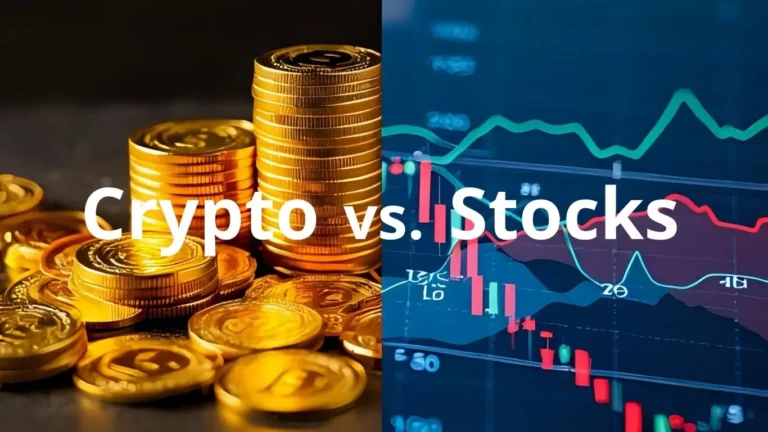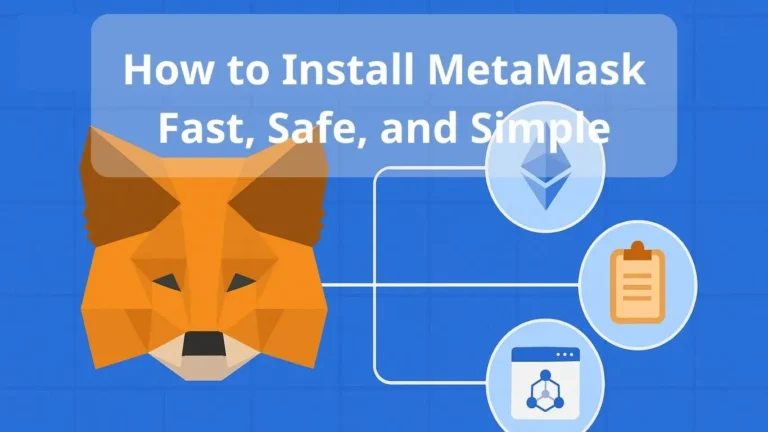What Is DeFi? A Clear and Comprehensive Guide for Beginners
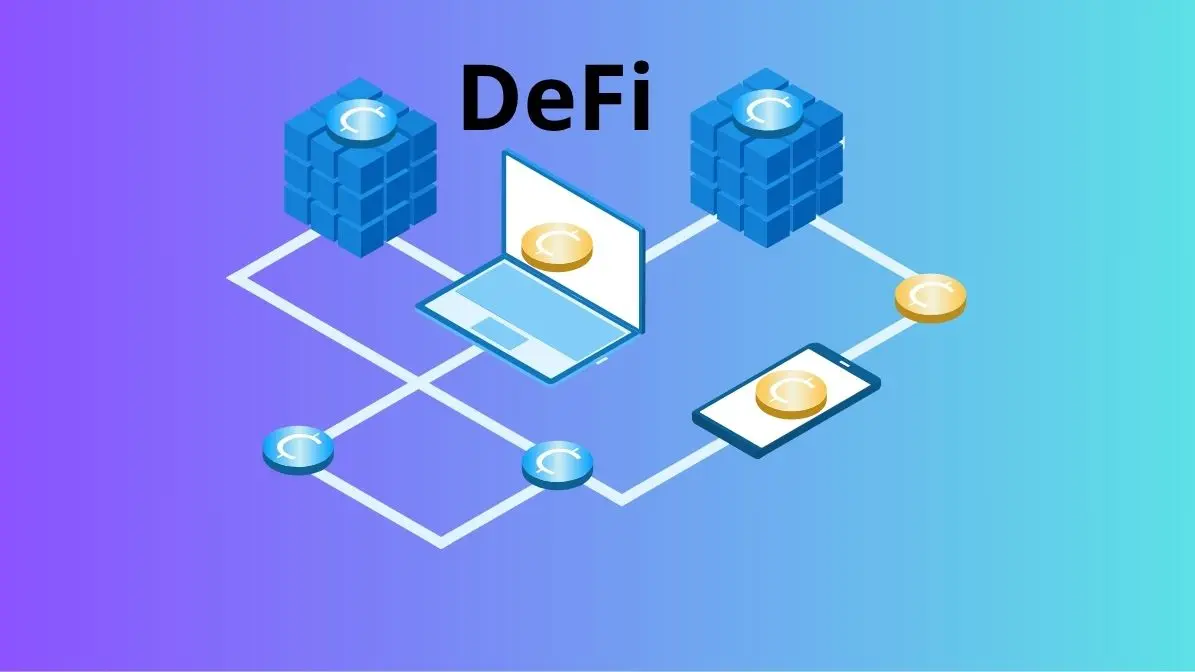
What is DeFi? Short for Decentralized Finance, DeFi is transforming the way we manage, save, and invest money—without relying on traditional banks or middlemen. With just a crypto wallet and internet connection, anyone can access financial services from anywhere in the world.
But how does DeFi actually work? Is it safe to use? In this beginner-friendly guide, we’ll break down everything you need to know about this rapidly growing sector of the crypto world.
💡 What is DeFi?
DeFi (Decentralized Finance) is a financial system built on blockchain technology that removes the need for traditional intermediaries like banks, brokers, and payment services. Instead, DeFi uses smart contracts—self-executing code running on decentralized networks like Ethereum—to offer financial services in a transparent, open, and permissionless way.
In simple terms, DeFi lets anyone with an internet connection lend, borrow, trade, and earn interest on their assets—without going through a bank.
⚙️ How Does DeFi Work?
DeFi relies on blockchain networks, primarily Ethereum, to run decentralized applications (dApps) that mimic traditional financial services. Here’s how it works:
-
Smart Contracts: These are automated programs that execute when certain conditions are met. For example, a DeFi lending protocol can automatically repay your loan once you deposit enough collateral.
-
Liquidity Pools: Instead of banks holding your money, users contribute their crypto to shared pools that fund loans or facilitate trading.
-
Tokens: Most DeFi platforms use ERC-20 tokens, which represent assets like USD (via stablecoins), ETH, or even tokenized stocks.
🔍 Key Benefits
✅ No bank account needed
✅ Low transaction fees
✅ Full transparency
✅ You control your assets
✅ 24/7 access—no downtime
⚠️ What Are the Risks?
❗ Smart contract bugs: Code flaws can be exploited.
❗ Volatile prices: Crypto values can change fast.
❗ Regulatory uncertainty: Laws are still evolving.
❗ User responsibility: No customer support if something goes wrong.
📱 What Can You Do With DeFi?
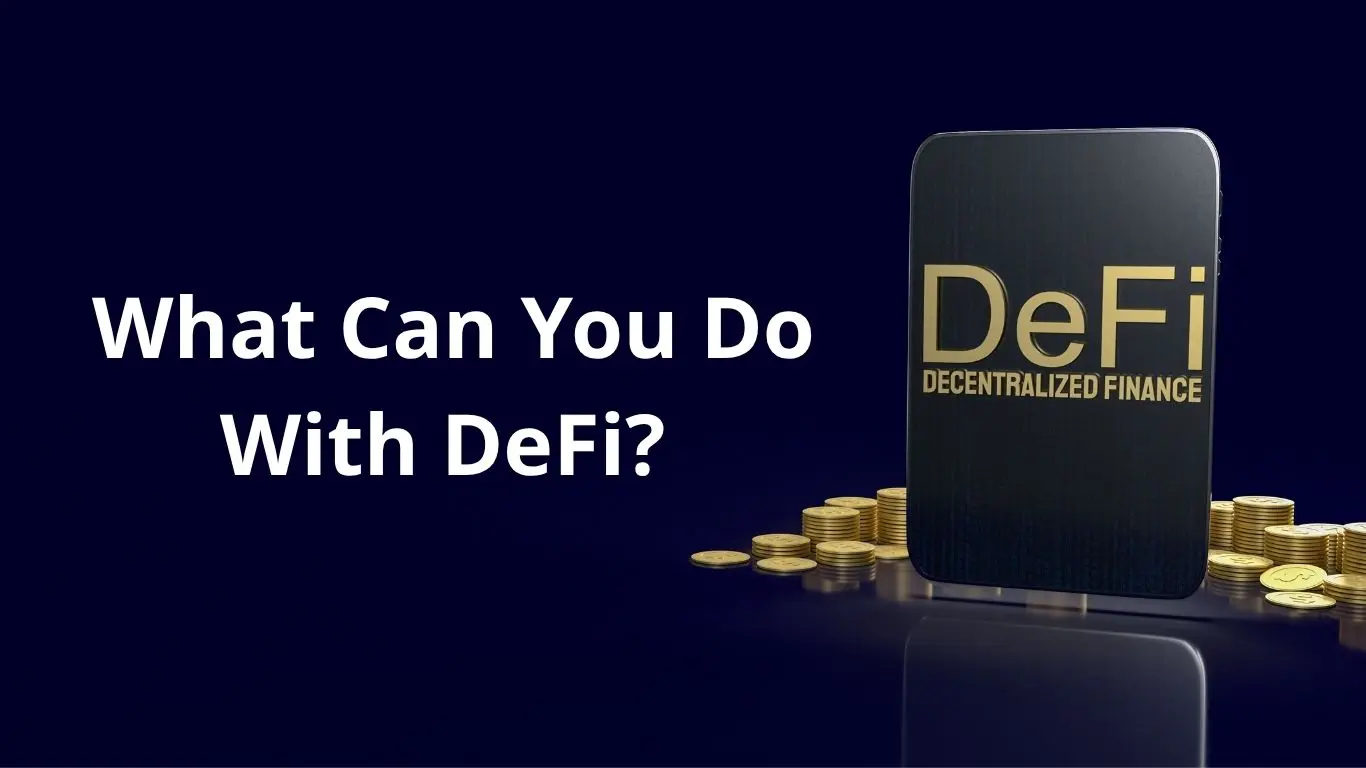
DeFi isn’t just a concept—it’s a growing ecosystem with real-world use cases. Here are a few:
-
Lending and Borrowing: Earn interest on your crypto or borrow assets by providing collateral.
-
Yield Farming: Provide liquidity to earn rewards and trading fees.
-
Decentralized Exchanges (DEXs): Trade tokens peer-to-peer without a central authority.
-
Stablecoins: Use crypto assets pegged to real-world currencies like the USD.
-
Synthetic Assets: Trade tokenized versions of stocks, commodities, or fiat currencies.
🧭The Future of DeFi: What to Expect

The potential of DeFi goes far beyond simple lending or swapping tokens. Upcoming innovations include:
-
Interoperability between blockchains to allow assets to move seamlessly.
-
Layer 2 solutions that reduce fees and improve transaction speed.
-
Integration with traditional finance, bridging DeFi and banks.
If you want to keep up with the latest trends, visit Decrypt — a trusted source for crypto and DeFi news.
🎯 Tips for Beginners
-
Start small and learn as you go
-
Use trusted wallets like MetaMask or Trust Wallet
-
Try top platforms like Aave, Uniswap, Curve
-
Always DYOR (Do Your Own Research)
Final Thoughts on What is DeFi
Understanding what is DeFi is the first step toward financial empowerment in the digital age. As this technology evolves, so do the opportunities — and risks. Educate yourself, start small, and explore wisely.
If you want to gain a deeper understanding of the technology behind DeFi, don’t miss our article “What Is Blockchain? Simple Explanation for Beginners” — a clear and simple guide for newcomers.
Frequently Asked Questions (FAQs)
Q: Is DeFi safe for beginners?
A: While DeFi can be rewarding, it’s not risk-free. Start with education, use reputable platforms, and never invest more than you can afford to lose.
Q: Do I need to own Bitcoin to use DeFi?
A: No. Most DeFi platforms run on Ethereum and use ETH or stablecoins like USDC or DAI.
Q: Can I use DeFi on my phone?
A: Yes. Many DeFi apps have mobile-friendly wallets like MetaMask, Trust Wallet, or Coinbase Wallet.

